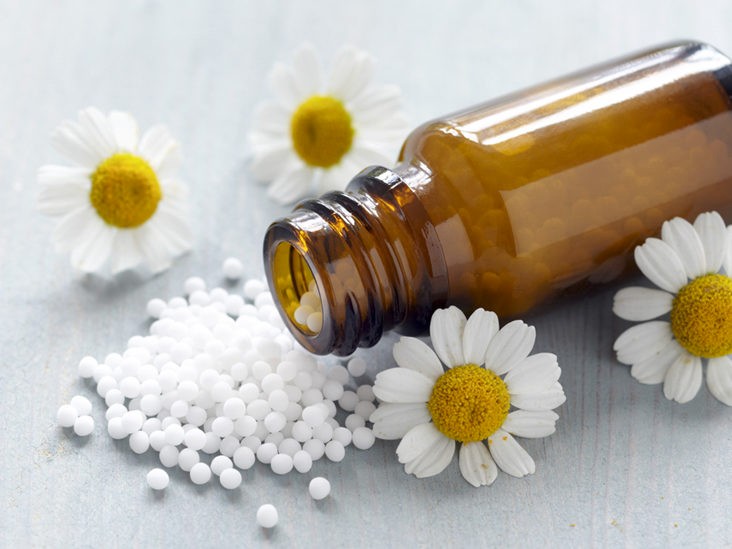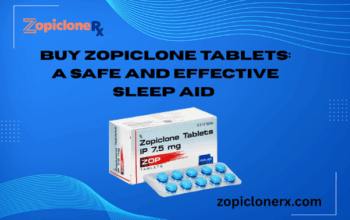Homeopathy is a field that attracts many different types of individuals, some with conventional medical training and credentials, and others without. (Some of the most renowned homeopaths in the world today have no formal medical training or licensing.) In addition, there are many different paths of study and regulation, and licensing varies from state to state. If you are looking for the Best Homeopathic Doctor near you, we are sure that we can be able to help you a little bit with this article.
Given many of these variables, you must use choose your practitioner carefully, asking questions and using your judgment. For example, you might think that conventional healthcare providers (e.g. physicians, nurses, chiropractors, dentists, veterinarians) who suggest homeopathic remedies would be great experts, but they may well be only self-educated or have taken a brief training program in homeopathy. In this case, while they can be helpful for a patient doing some self or family care with homeopathy, if there is a serious, complex, or chronic health issue, the patient needs a homeopathic practitioner who is classically trained.
What are the qualifications that your homeopathic doctor must have?
Your homeopath should have either a post-graduation or at least a graduation qualification in medicine. Medical qualification for homeopaths varies from country to country. However, it is important that every ‘homeopath’ has adequate training in all medical subjects as above. Most countries have courses in homeopathy minimum after 12 years with science subjects. The homeopathy course has to be a ‘graduation’ course after science subjects. It cannot be a short-term course with a background in commerce or arts subjects. In some countries, there are ‘medical homeopaths’ while in some countries, there are also ‘lay homeopaths’.
In many European countries including the UK as well as the US, there are courses for lay people which may legally permit them to practice homeopathy. However, such courses are not adequate in medical training and it is highly debatable if such practitioners could be called ‘homeopaths’. The problem with such homeopaths is that they fail to understand the diseases from the medical perspective.
It is imperative for all ‘homeopaths’ to have adequate medical training so that they could appreciate the depth of disease.
Some of the medico legally correct qualifications are:
- K.: M.D., RSHom (Registered Member of the Society of Homoeopaths, which does not provide full-length medical education.) USA.: M.D.
- Canada: CCH (Certified in Classical Homeopathy), DHANP (Diplomat of the Homeopathic Academy of Naturopathic Physicians), DHMH (Diploma in Homeopathic Medicine and Health Sciences), DHt (Diploma of Homeotherapeutics).
- India: M.D. (Homeopathy), B.H.M.S. (Bachelor of Homeopathic Medicine and Surgery), L.C.E.H. (Licentiate in the Court of Examiners in Homoeopathy), D.H.M.S. (Diploma in Homoeopathic Medicine and Surgery).
Other countries: Please check with the local homeopathic school
Relevant certificates should be clearly displayed for review in the clinic or surgery.
Some Common Ailments that can be Treated by Homeopathy
At icareheal, we try to provide you with the best platform to find the best homeopathic doctor for your treatment. These are some health issues that can be easily resolved with the help of homeopathy:
- Common Cold– Allium Cepa (onion) which causes tearing in the eyes and dripping from the nose, is a frequent remedy for common cold and hay fever. It is very effective when there is a watery, and burning nasal discharge from the nose. Oscillococcinum, Bryonia, Belladonna, Arsenicum Album and Aconite are also excellent cures for influenza. Bryonia is especially useful in treating body aches that accompany fever.
- Shock and Trauma From Injury– Arnica (mountain daisy) is the best remedy for trauma due to injuries and is an excellent first aid. It also helps to reduce pain and speeds up the healing process.
- A Sore Throat– Aconite, Arsenicum Album and Belladonna are very good. Aconite helps during the onset of a sore throat while Belladonna is helpful in curing tonsillitis.
- Nerve Problems– Hypericum (St. John’s wort) is the first medicine to consider for injuries to the nerves or to parts of the body rich with them, like the back. This medicine is especially good for treating shooting pains.
- Psychiatric Ailments– Ignatia (St. Ignatius bean) is most effective in treating acute grief, anxiety, and depression, especially due to loss of a loved one.
- Cramps– Magnesia phosphorica (phosphate of magnesia) is the most effective remedy for cramps, including menstrual cramps.
- Indigestion– Nux Vomica (poison nut), Aconite, Carbo Veg and Pulsatilla all treat indigestion. Nux Vomica is especially useful in relieving symptoms of flatulence, constipation/diarrhoea and heartburn. Carbo Veg is extremely useful for getting rid of gas after food.
Although several of these medicines are often available in stores, you must always see a doctor first. Only when a doctor prescribes the said medicines along with their doses, should you go ahead and have them.
Treatment of Irritable Bowel Syndrome With homeopathy:
Homeopathy addresses the root cause of the disease, in the case of IBS, it is psychological factors, such as emotional stress, anger, etc., and abnormal sensitivity towards certain foodstuffs.
Homeopathy treats the disturbance at the level of the stress-coping system. Homeopathy very well addresses the relationship between the psyche and the physique of the patient. Homeopathic medicines help in imparting positive emotions and feelings so that the patient can handle stress effectively and does not let himself get affected negatively by the stressors.
Homeopathy studies every individual patient with IBS in detail by considering the minute details of the person and not just by concentrating on the gastrointestinal affections. Homeopathy treats every patient as a whole entity by taking into consideration all the general symptoms as well as symptoms particular to specific organ systems, such as gastrointestinal symptoms
What are some of the skills required to be a good homeopathy doctor in India?
- Homeopathic doctors should possess active listening, critical thinking, speaking, judgment and decision making, complex problem solving and learning skills.
- The students and the doctors should possess skills like accounting software, information retrieval or search software, label-making software, medical software and spreadsheet software.
- They should also have soft skills like well-developed interpersonal, communication and listening skills for case-study and patient management.
We hope this article enlightened you regarding the benefits of homeopathy medications. One of the important things is to always look for a reputable doctor. Patients suffering from various diseases like allergies, asthma, arthritis, anxiety issues, and even depression might be able to find relief using the best homeopathic doctor. The substances used in the homeopathic medicines are mostly natural and considered safe and hence, homeopathy is widely used to treat medical complications throughout the globe.




